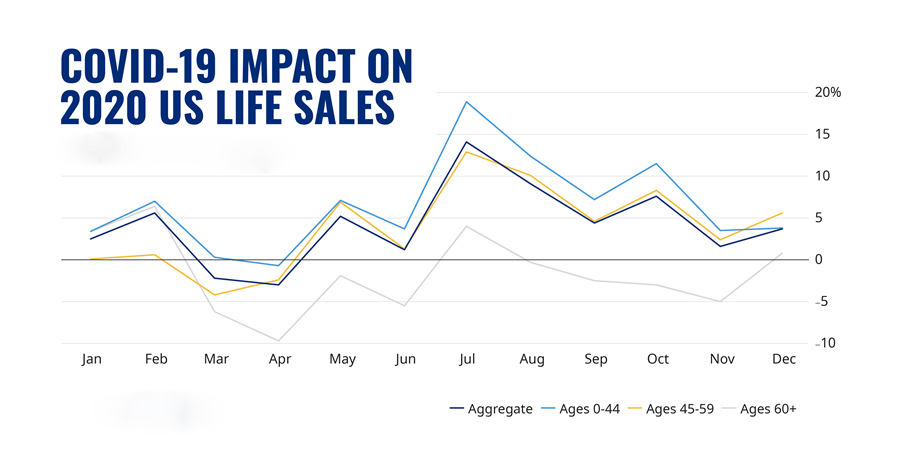As the COVID-19 situation unfolds, governments around the world have a responsibility to look after their people, and most are doing exactly that with the resources they have at hand. Apart from government bodies and healthcare establishments, in unforeseen circumstances such as this involving loss of lives or jobs and the collapse of entire businesses, people are also looking to insurance organizations for support.
At heart, the industry must be an enabling and uplifting force for its customers during their most vulnerable financial situations.
Insurance is a centuries-old business that has witnessed many global pandemics. Insurers constantly factor such risks into their models and analyze potential implications. They employ dedicated catastrophe response (CAT) teams such as those for natural disasters.
Remember: no one saw this coming or was prepared to scale up to the unique demands of current circumstances.
For life insurers, broader financial adversity due to outbreak-led business interruption and stock market crashes can impact earnings from investment portfolios. But early signs point to claims losses being manageable in proportion to natural disasters.
The effect in the general insurance and non-life sector is broad and touches multiple lines of business. These can be travel, commercial property policies (including business insurance and business interruption coverage), director and officers (D&O) liability policies, and health insurance.
How Are Insurance Organisations Responding?
As with nations, how insurers respond to customer needs in this crisis depends greatly on their operational and technology preparedness. Insurance organisations around the world have been warming to the idea of flexible working models to meet the demands of a millennial workforce, but many are in the very early stages. The COVID-19 crisis will put insurer organisations’ remote work capabilities to a tremendous test as a result.
Matters of Technology
We believe insurers that offer proactive and empathetic customer engagement will manage the crisis better and retain customers when the tide turns. This includes:
- Coverage applicability and health and safety advice
- Round-the-clock availability across human and virtual channels
- Predictive claims capabilities and automated payouts powered by data and analytics
- Friction less claims through smart systems and processes
- An agile, smart workforce enabled by technology
Digital platforms that enable the collaboration of diverse stakeholders (insurers, emergency services, hospitals, employers, mental health consultants, etc.) to work together and help customers in their desperate times are important too.
A good example of COVID-19 crisis role has already been demonstrated by Ping An Insurance in China. Its technology expertise has helped it to deal with the crisis more effectively and to support some other banks and insurers too.
Matters of Transparency and Trust
If you browse through the websites of some insurance carriers and industry bodies, there is ample advice and information to policy holders on the coronavirus and how it affects their coverage. While many promise support and assistance to customers in their time of need, this comes with huge caveats at least for now.
Over the years, insurance carriers have added multiple exclusions or have charged additional fees to offset exclusions for pandemics and similar events.
Customers, naturally, will ask what is the point of insurance policies if they don’t cover unforeseen circumstances. So, where does the problem then lie: with insurers or customers?
From a customer’s point of view, though, this raises serious questions about transparency and trust. But it’s also the responsibility of insurance providers to be as transparent as possible.
Insurers already have a bad reputation for complex communications, be it the “legalese” of policy documents or the level of transparency with respect to disclosures. A global crisis such as COVID-19 will exacerbate this.
It’s a real possibility that trust in financial institutions such as insurers could hit an all-time low following the outbreak. Now is the time to focus on what is not covered than what is covered.
What Should Insurers Focus on Post–COVID-19?
Customers will expect such insurance policies to address the many gaps revealed during the crisis. Insurers must capitalise on the opportunities and up their investments in innovative products and services.
Another focus area will be digital transformation (DX). These efforts will give them the platform, technology and skills to face future crises.
Lastly, post–COVID-19, contextual and clear communication should be the norm.
Courtesy : blog-idcuk.com







